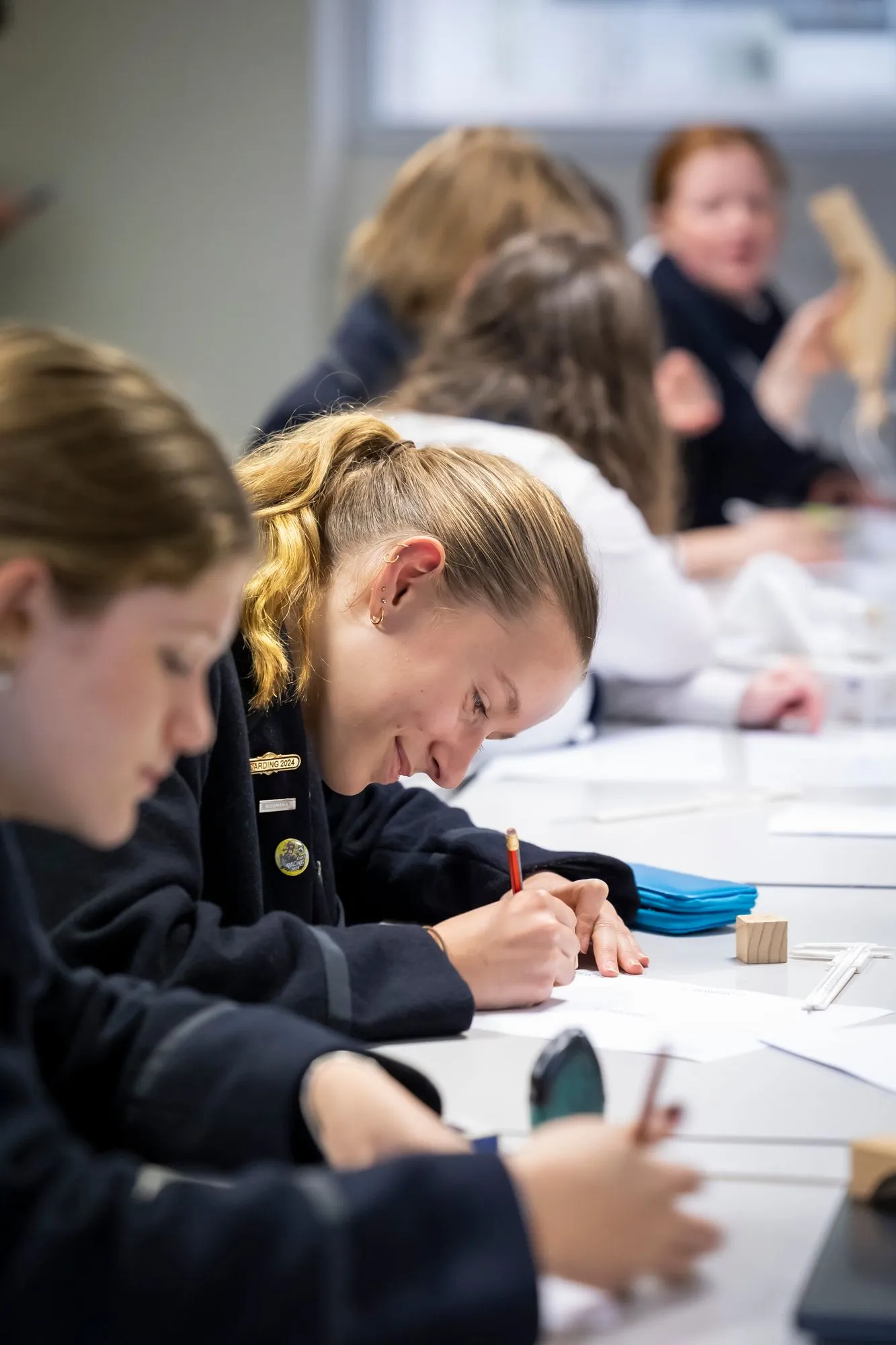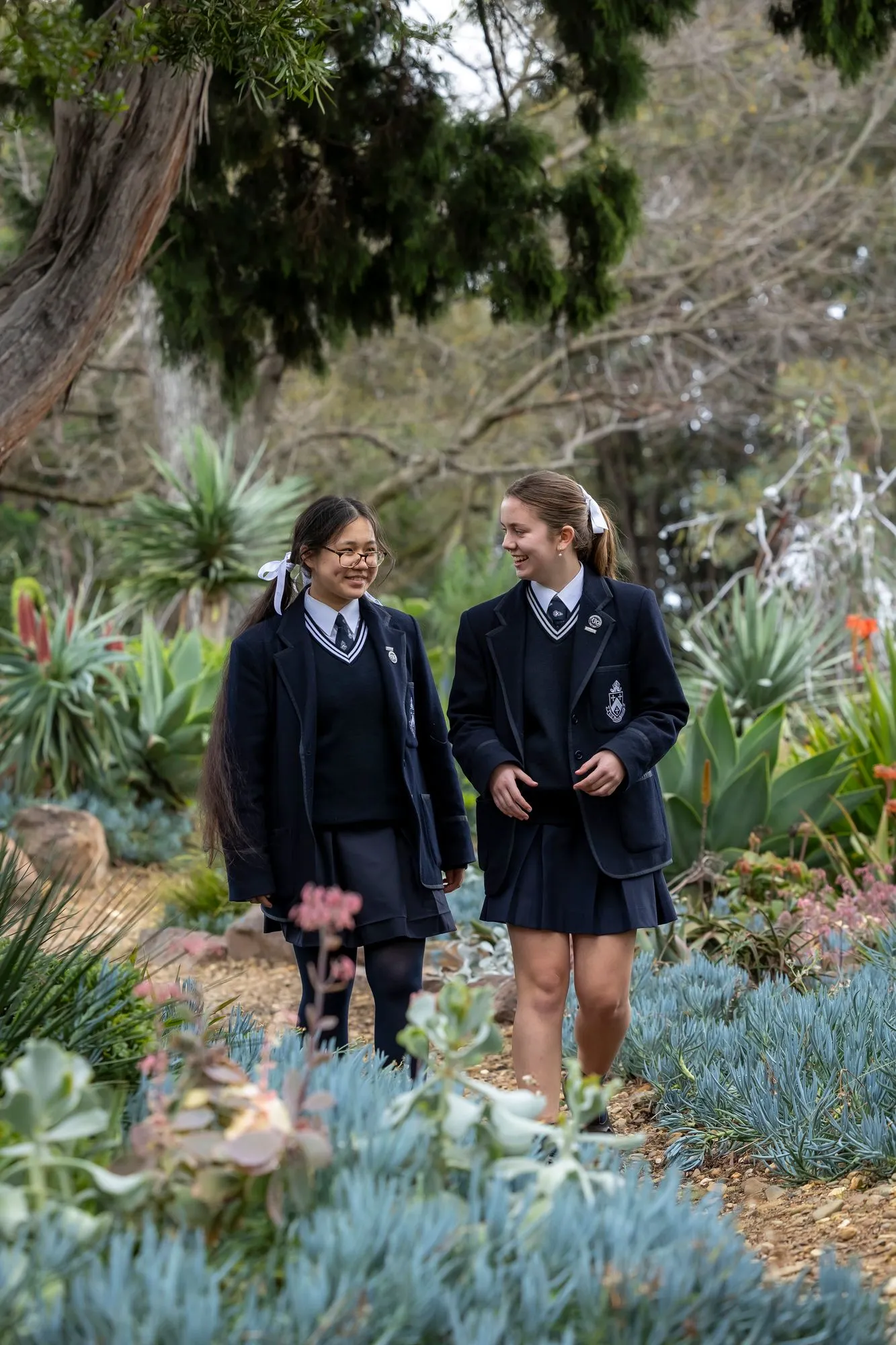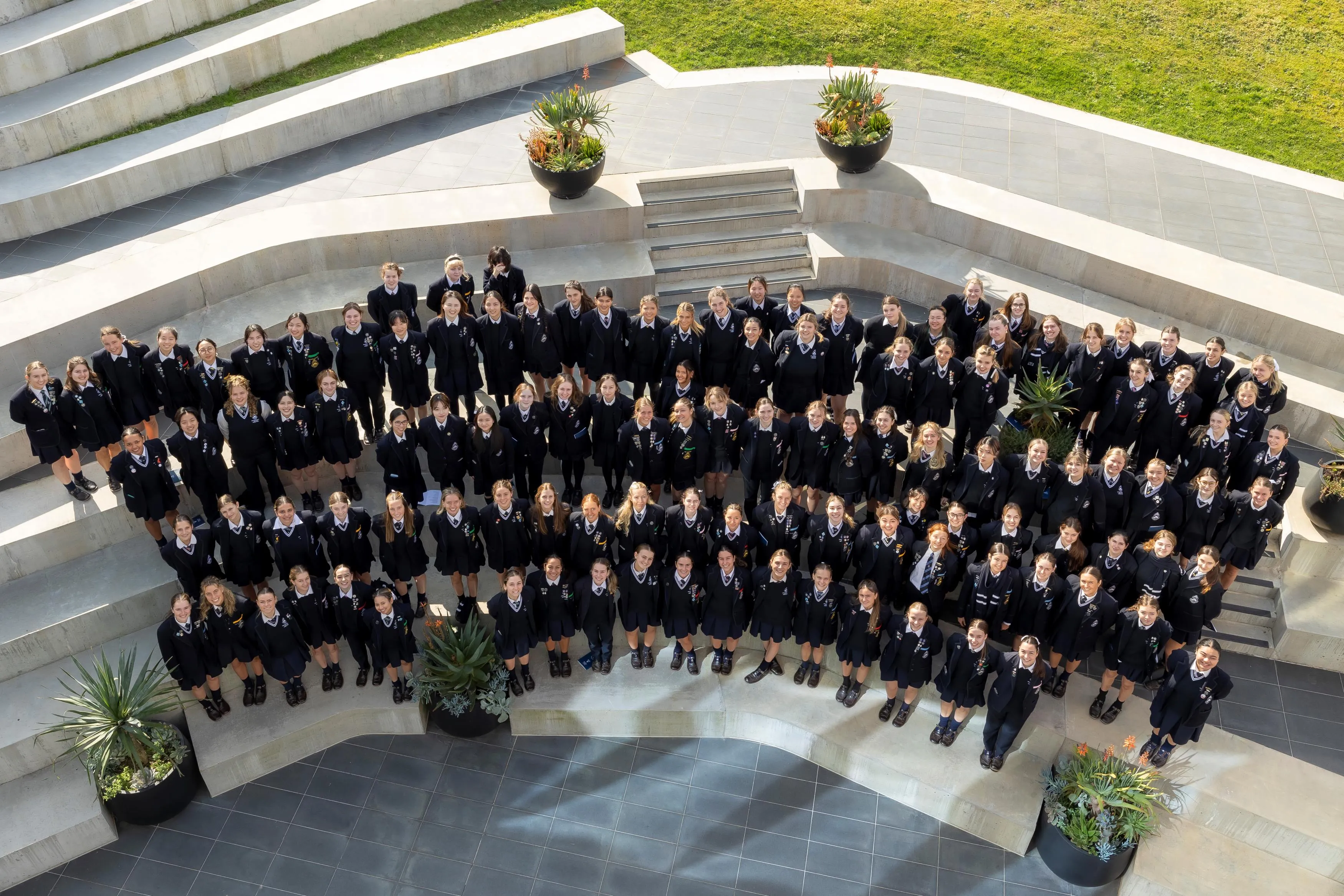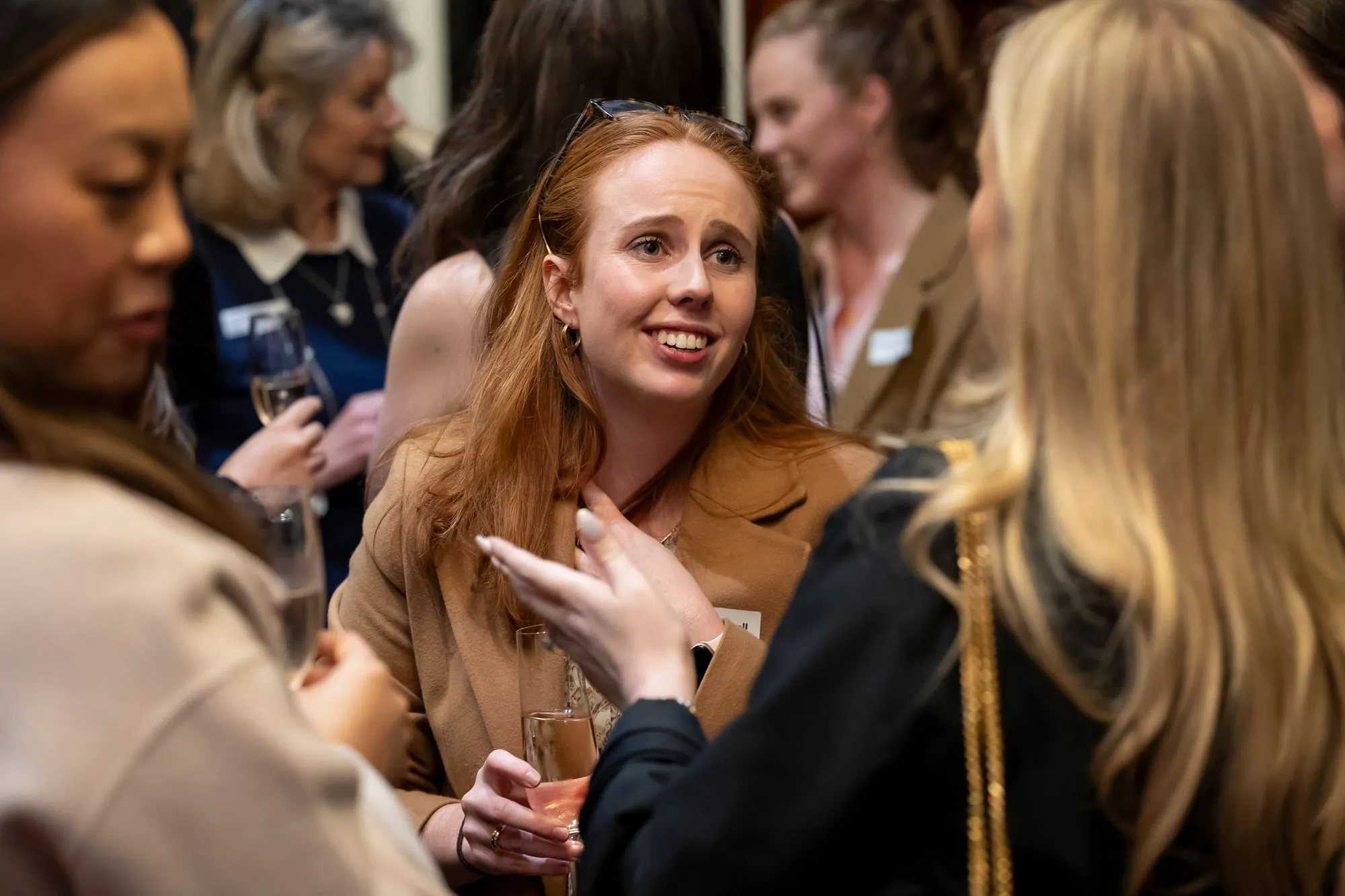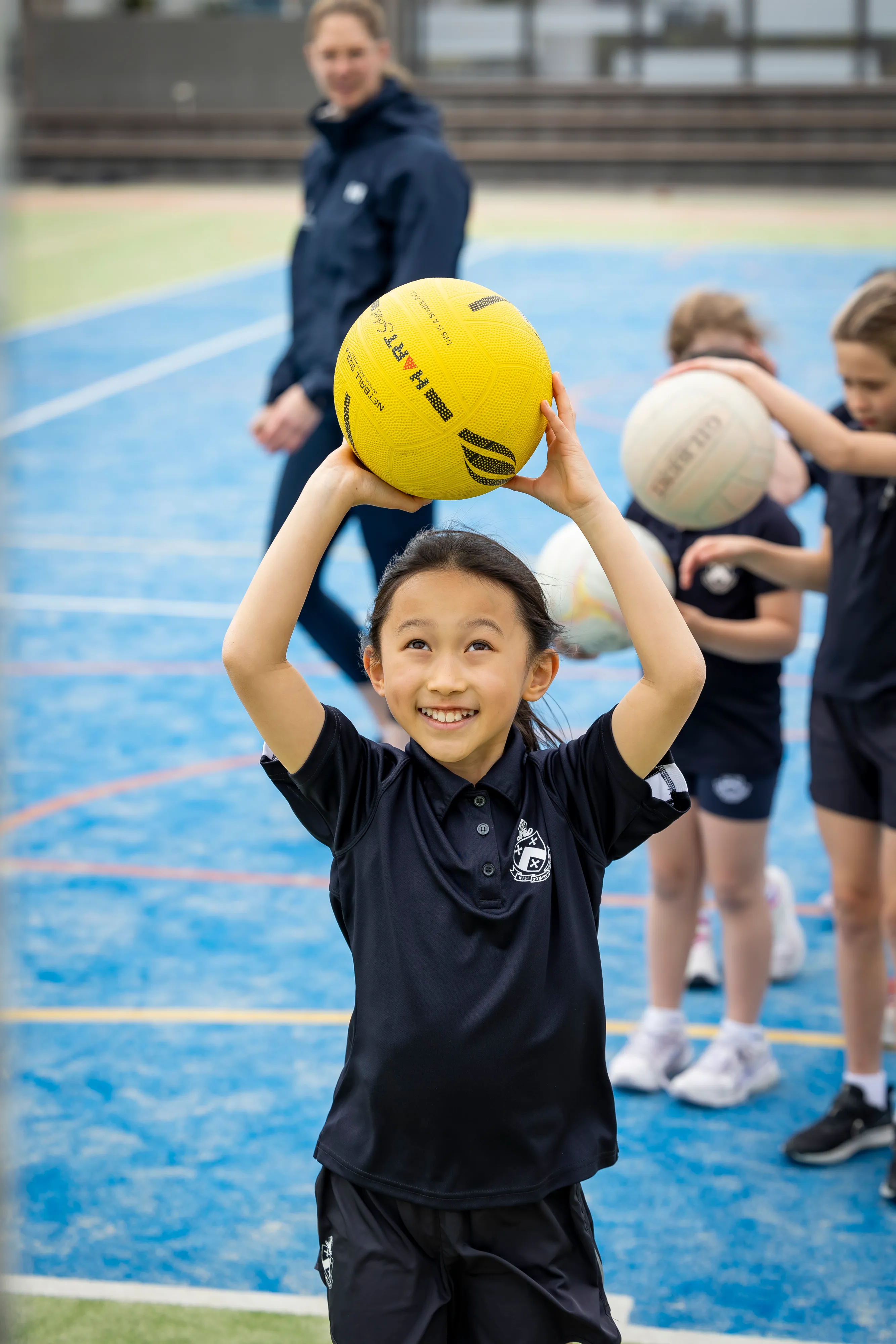

Emma takes a shot at goal in netball.


Emma takes a shot at goal in netball.
Play is our Superpower!
When was the last time you played?
Can you recall a memory when all sense of reality was suspended whilst being immersed in the joy and liberation of play?
When was the last time you observed or joined your children in child-driven play?

As a parent, educator, coach, or carer, when we interact with children in this way, we are given a unique opportunity to see the world from their vantage point. We tell our children that we are paying attention to them, whilst simultaneously offering a safe and nurturing environment for them to interact in the world around them, unleash their imagination, and express themselves.
“Play is our brain’s favourite way of learning.” – Diane Ackerman
Play is essential to optimal child development – because of its contribution to the cognitive, physical, social, and emotional wellbeing of children and youth – that it has been recognised by the United Nations High Commission for Human Rights as a right of every child.
In the final chapter of the text Stolen Focus, Johann Hari draws our attention to the decline of unstructured, outdoor social play in Western society, arguing that depriving children of free play is harming their ability to pay attention.
The case for play isn’t new, of course. It was likely Plato who first recognised the educational value of play when he said: “Do not keep children to their studies by compulsion but by play” (375 AD.). Scientific research spanning anthropology, psychology, physiology, neuroscience, and education further validates the conventional wisdom gained through human experience.
As a parent, educator, coach, or carer, when we interact with children in this way, we are given a unique opportunity to see the world from their vantage point. We tell our children that we are paying attention to them, whilst simultaneously offering a safe and nurturing environment for them to interact in the world around them, unleash their imagination, and express themselves.
“Play is our brain’s favourite way of learning.” – Diane Ackerman
Play is essential to optimal child development – because of its contribution to the cognitive, physical, social, and emotional wellbeing of children and youth – that it has been recognised by the United Nations High Commission for Human Rights as a right of every child.
In the final chapter of the text Stolen Focus, Johann Hari draws our attention to the decline of unstructured, outdoor social play in Western society, arguing that depriving children of free play is harming their ability to pay attention.
The case for play isn’t new, of course. It was likely Plato who first recognised the educational value of play when he said: “Do not keep children to their studies by compulsion but by play” (375 AD.). Scientific research spanning anthropology, psychology, physiology, neuroscience, and education further validates the conventional wisdom gained through human experience.
As a parent, educator, coach, or carer, when we interact with children in this way, we are given a unique opportunity to see the world from their vantage point. We tell our children that we are paying attention to them, whilst simultaneously offering a safe and nurturing environment for them to interact in the world around them, unleash their imagination, and express themselves.
“Play is our brain’s favourite way of learning.” – Diane Ackerman
Play is essential to optimal child development – because of its contribution to the cognitive, physical, social, and emotional wellbeing of children and youth – that it has been recognised by the United Nations High Commission for Human Rights as a right of every child.
In the final chapter of the text Stolen Focus, Johann Hari draws our attention to the decline of unstructured, outdoor social play in Western society, arguing that depriving children of free play is harming their ability to pay attention.
The case for play isn’t new, of course. It was likely Plato who first recognised the educational value of play when he said: “Do not keep children to their studies by compulsion but by play” (375 AD.). Scientific research spanning anthropology, psychology, physiology, neuroscience, and education further validates the conventional wisdom gained through human experience.
.webp)
.webp)
Prep and Year 1 Grammarians play with student leaders from Merton Hall at House Athletics in 2023.

.webp)
.webp)
Prep and Year 1 Grammarians play with student leaders from Merton Hall at House Athletics in 2023.

Researchers have long understood that exercise improves our cognitive performance, including our executive functioning, attention, concentration, and memory. Physical activity – particularly that of an aerobic nature – is important in developing the structure of our brain, stimulating new connections between cells, and triggering the creation of new neurons.
We are wired to be active, and when young people play, their natural and desired instinct is to move… to run, jump, skip, roll, climb. One of my favourite times of the school day is watching (and listening to) our Grammarians playing on the Artemis Team Zone over the lunch break. It’s loud, messy, and chaotic; there are few – if any – obvious rules; students are playing freely and creating fun without adult intervention; and there is a lot of seemingly directionless movement, dodging of objects and bodies and running around. Glowing, smiling, and red cheeked, our Grammarians return to class with renewed energy.
Play helps children develop a range of skills and prosocial behaviours, including group co-operation, sharing, negotiation, conflict resolution, and self-advocacy.
These behaviours thrive in inclusive, safe, and fun environments in which friends, peers, and younger students feel confident and comfortable to get involved and have a go. Connecting to a common purpose and working together to determine what success looks and feels like demonstrates high trust and mutual respect – qualities foundational to a high-performing team, in which the journey to success is a shared and joyful experience for all.
One of the best examples is the work our First VIII rowers invested in defining what success looked like for them during their Henley Royal Regatta campaigns in 2022 and 2023. What they spoke about centered around a very strong theme. They wanted to row their best race, to know that they gave it 100%, to see everyone happy after each race – no matter the result – and to create memorable moments.
Researchers have long understood that exercise improves our cognitive performance, including our executive functioning, attention, concentration, and memory. Physical activity – particularly that of an aerobic nature – is important in developing the structure of our brain, stimulating new connections between cells, and triggering the creation of new neurons.
We are wired to be active, and when young people play, their natural and desired instinct is to move… to run, jump, skip, roll, climb. One of my favourite times of the school day is watching (and listening to) our Grammarians playing on the Artemis Team Zone over the lunch break. It’s loud, messy, and chaotic; there are few – if any – obvious rules; students are playing freely and creating fun without adult intervention; and there is a lot of seemingly directionless movement, dodging of objects and bodies and running around. Glowing, smiling, and red cheeked, our Grammarians return to class with renewed energy.
Play helps children develop a range of skills and prosocial behaviours, including group co-operation, sharing, negotiation, conflict resolution, and self-advocacy.
These behaviours thrive in inclusive, safe, and fun environments in which friends, peers, and younger students feel confident and comfortable to get involved and have a go. Connecting to a common purpose and working together to determine what success looks and feels like demonstrates high trust and mutual respect – qualities foundational to a high-performing team, in which the journey to success is a shared and joyful experience for all.
One of the best examples is the work our First VIII rowers invested in defining what success looked like for them during their Henley Royal Regatta campaigns in 2022 and 2023. What they spoke about centered around a very strong theme. They wanted to row their best race, to know that they gave it 100%, to see everyone happy after each race – no matter the result – and to create memorable moments.
Researchers have long understood that exercise improves our cognitive performance, including our executive functioning, attention, concentration, and memory. Physical activity – particularly that of an aerobic nature – is important in developing the structure of our brain, stimulating new connections between cells, and triggering the creation of new neurons.
We are wired to be active, and when young people play, their natural and desired instinct is to move… to run, jump, skip, roll, climb. One of my favourite times of the school day is watching (and listening to) our Grammarians playing on the Artemis Team Zone over the lunch break. It’s loud, messy, and chaotic; there are few – if any – obvious rules; students are playing freely and creating fun without adult intervention; and there is a lot of seemingly directionless movement, dodging of objects and bodies and running around. Glowing, smiling, and red cheeked, our Grammarians return to class with renewed energy.
Play helps children develop a range of skills and prosocial behaviours, including group co-operation, sharing, negotiation, conflict resolution, and self-advocacy.
These behaviours thrive in inclusive, safe, and fun environments in which friends, peers, and younger students feel confident and comfortable to get involved and have a go. Connecting to a common purpose and working together to determine what success looks and feels like demonstrates high trust and mutual respect – qualities foundational to a high-performing team, in which the journey to success is a shared and joyful experience for all.
One of the best examples is the work our First VIII rowers invested in defining what success looked like for them during their Henley Royal Regatta campaigns in 2022 and 2023. What they spoke about centered around a very strong theme. They wanted to row their best race, to know that they gave it 100%, to see everyone happy after each race – no matter the result – and to create memorable moments.
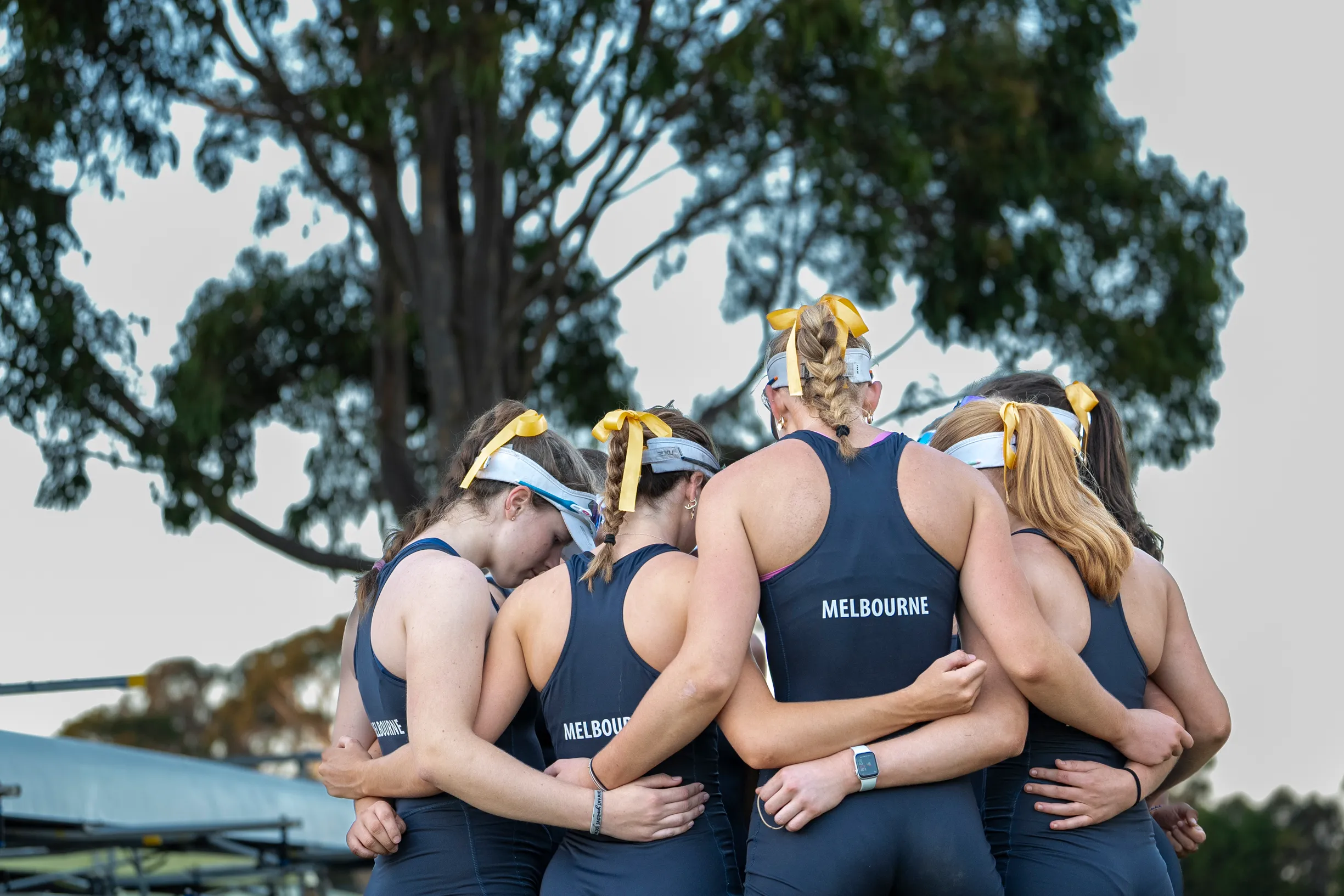

2024 First VIII Rowers prepare to race at the Head of Schoolgirls Regatta, March 2024.



2024 First VIII Rowers prepare to race at the Head of Schoolgirls Regatta, March 2024.
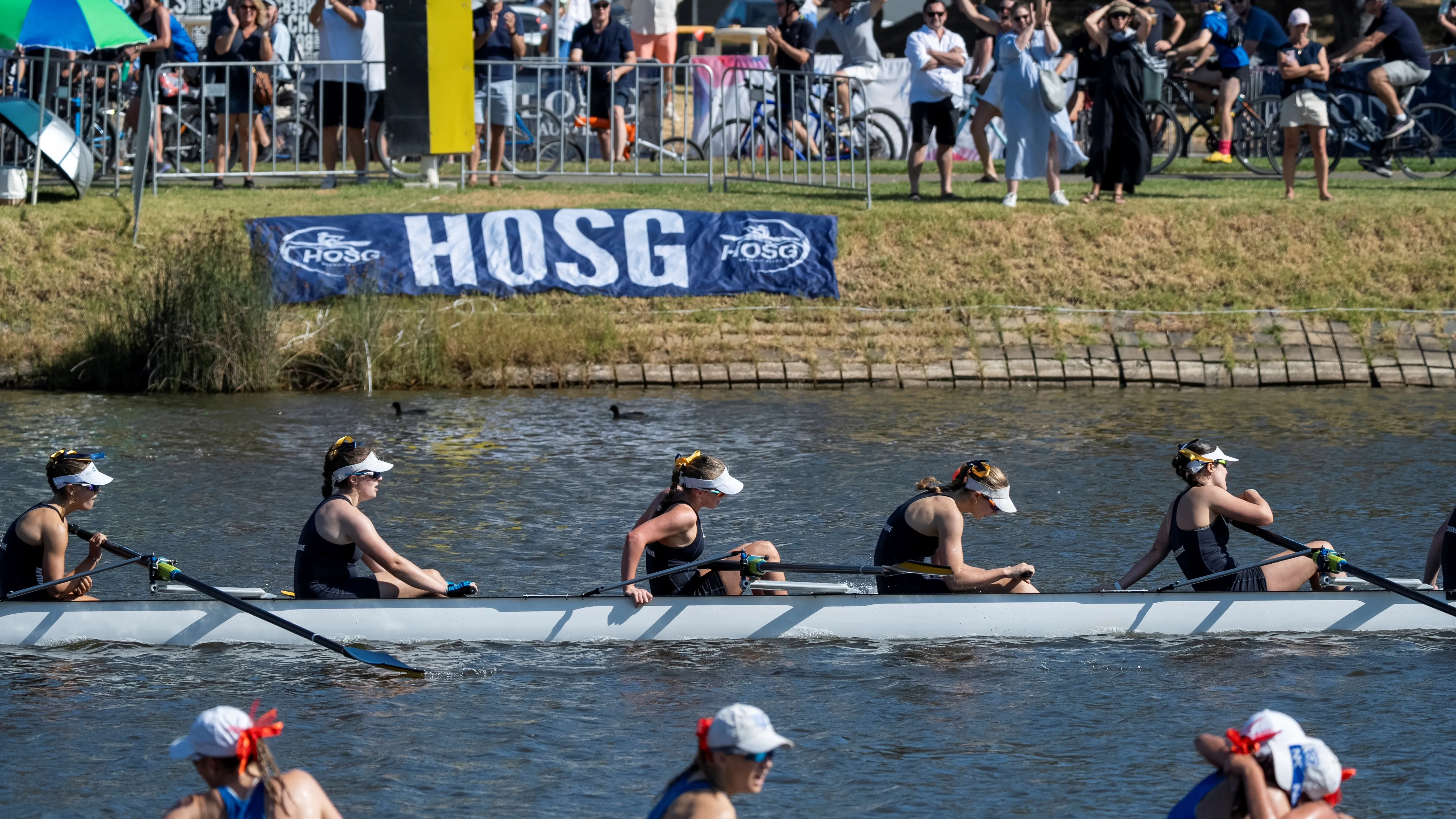

2024 First VIII finish their A Final at the Head of Schoolgirls Regatta in second place!
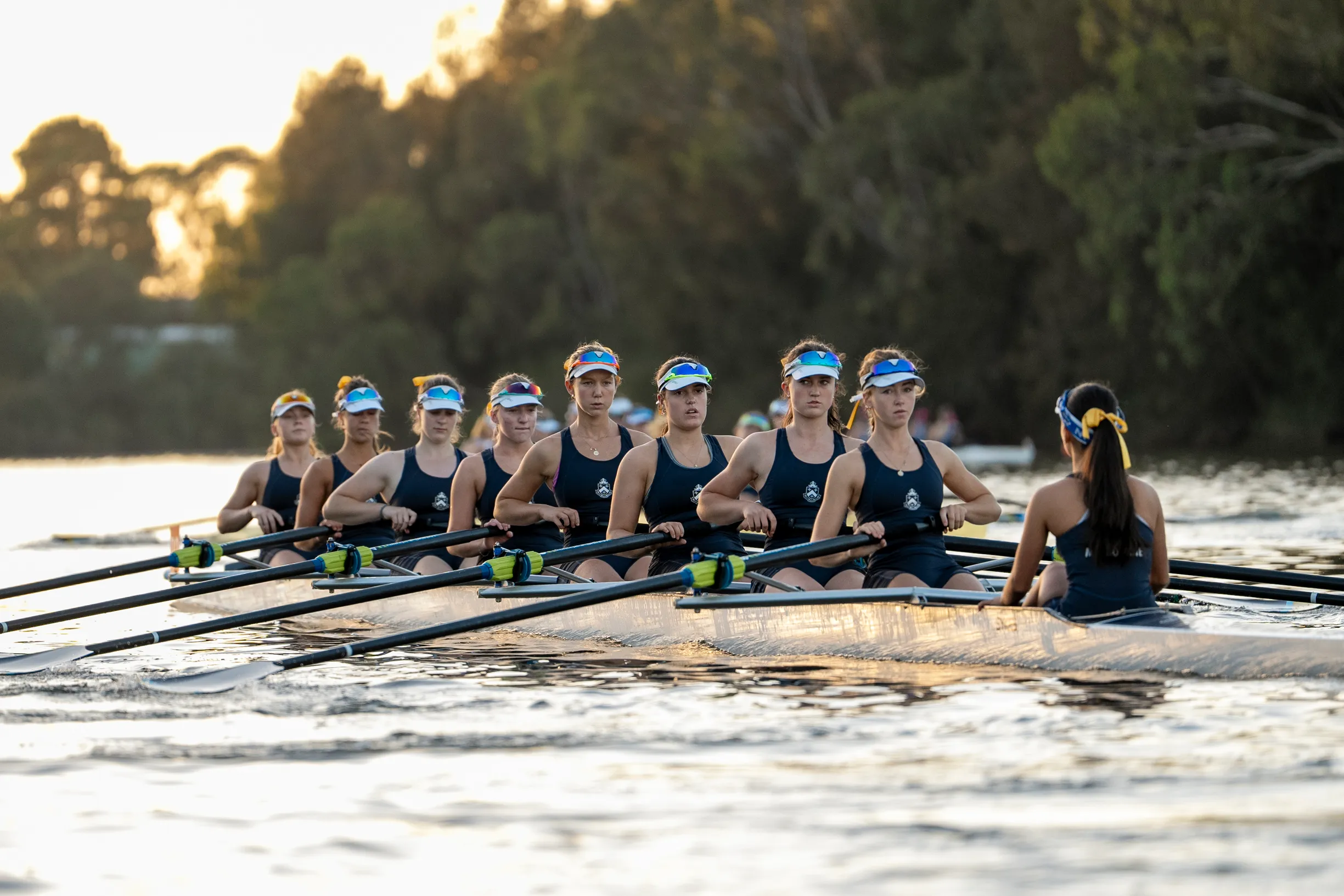

2024 First VIII Rowers early morning training during the Head of Schoolgirls Regatta, March 2024.
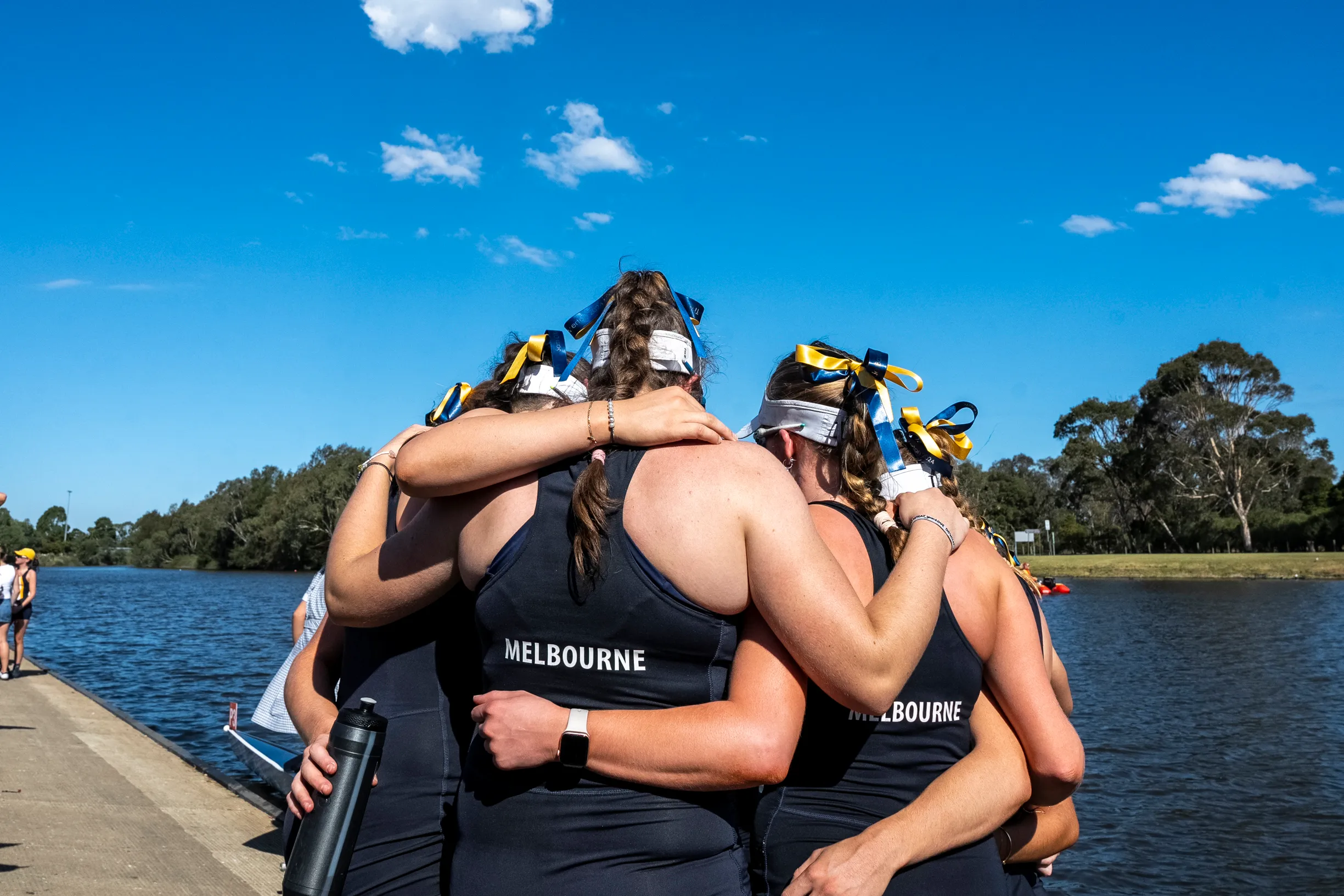

Silver medalists! The 2024 First VIII debrief after their Head of Schoolgirls Regatta A Final, March 2024.


2024 First VIII Rowers prepare to race at the Head of Schoolgirls Regatta, March 2024.


2024 First VIII finish their A Final at the Head of Schoolgirls Regatta in second place!


2024 First VIII Rowers early morning training during the Head of Schoolgirls Regatta, March 2024.


Silver medalists! The 2024 First VIII debrief after their Head of Schoolgirls Regatta A Final, March 2024.

"Play allows children to create and explore a world they can master; to conquer their fears while role playing, experience new challenges, practice emerging skills and get exposed to the unexpected."
As they master their world, play helps children develop coping strategies and new competencies that lead to enhanced confidence and the resilience they will need to face future challenges. Importantly, they enhance their readiness to learn. The purpose of training – of practice – is to optimally prepare our bodies and minds for the demands of the sport. Often, training is deliberately designed to be harder than the competition itself as a strategic approach to ensure athletes are fully equipped to perform at their best when itn matters most.
Whilst (organised) sport is typically defined by structure, great coaches create the right conditions that allow the players to lead. AFL training for our Grammarians consists of varied scenarios that closely replicate the game environment. The benefits? The learning is more implicit and player-driven, there is greater autonomy, and we see the development of more applicable skills and better problem solvers.
In essence, our coaches intentionally design a more interesting and engaging training environment, which in turn promotes focus and learning.
"Play allows children to create and explore a world they can master; to conquer their fears while role playing, experience new challenges, practice emerging skills and get exposed to the unexpected."
As they master their world, play helps children develop coping strategies and new competencies that lead to enhanced confidence and the resilience they will need to face future challenges. Importantly, they enhance their readiness to learn. The purpose of training – of practice – is to optimally prepare our bodies and minds for the demands of the sport. Often, training is deliberately designed to be harder than the competition itself as a strategic approach to ensure athletes are fully equipped to perform at their best when itn matters most.
Whilst (organised) sport is typically defined by structure, great coaches create the right conditions that allow the players to lead. AFL training for our Grammarians consists of varied scenarios that closely replicate the game environment. The benefits? The learning is more implicit and player-driven, there is greater autonomy, and we see the development of more applicable skills and better problem solvers.
In essence, our coaches intentionally design a more interesting and engaging training environment, which in turn promotes focus and learning.
"Play allows children to create and explore a world they can master; to conquer their fears while role playing, experience new challenges, practice emerging skills and get exposed to the unexpected."
As they master their world, play helps children develop coping strategies and new competencies that lead to enhanced confidence and the resilience they will need to face future challenges. Importantly, they enhance their readiness to learn. The purpose of training – of practice – is to optimally prepare our bodies and minds for the demands of the sport. Often, training is deliberately designed to be harder than the competition itself as a strategic approach to ensure athletes are fully equipped to perform at their best when itn matters most.
Whilst (organised) sport is typically defined by structure, great coaches create the right conditions that allow the players to lead. AFL training for our Grammarians consists of varied scenarios that closely replicate the game environment. The benefits? The learning is more implicit and player-driven, there is greater autonomy, and we see the development of more applicable skills and better problem solvers.
In essence, our coaches intentionally design a more interesting and engaging training environment, which in turn promotes focus and learning.
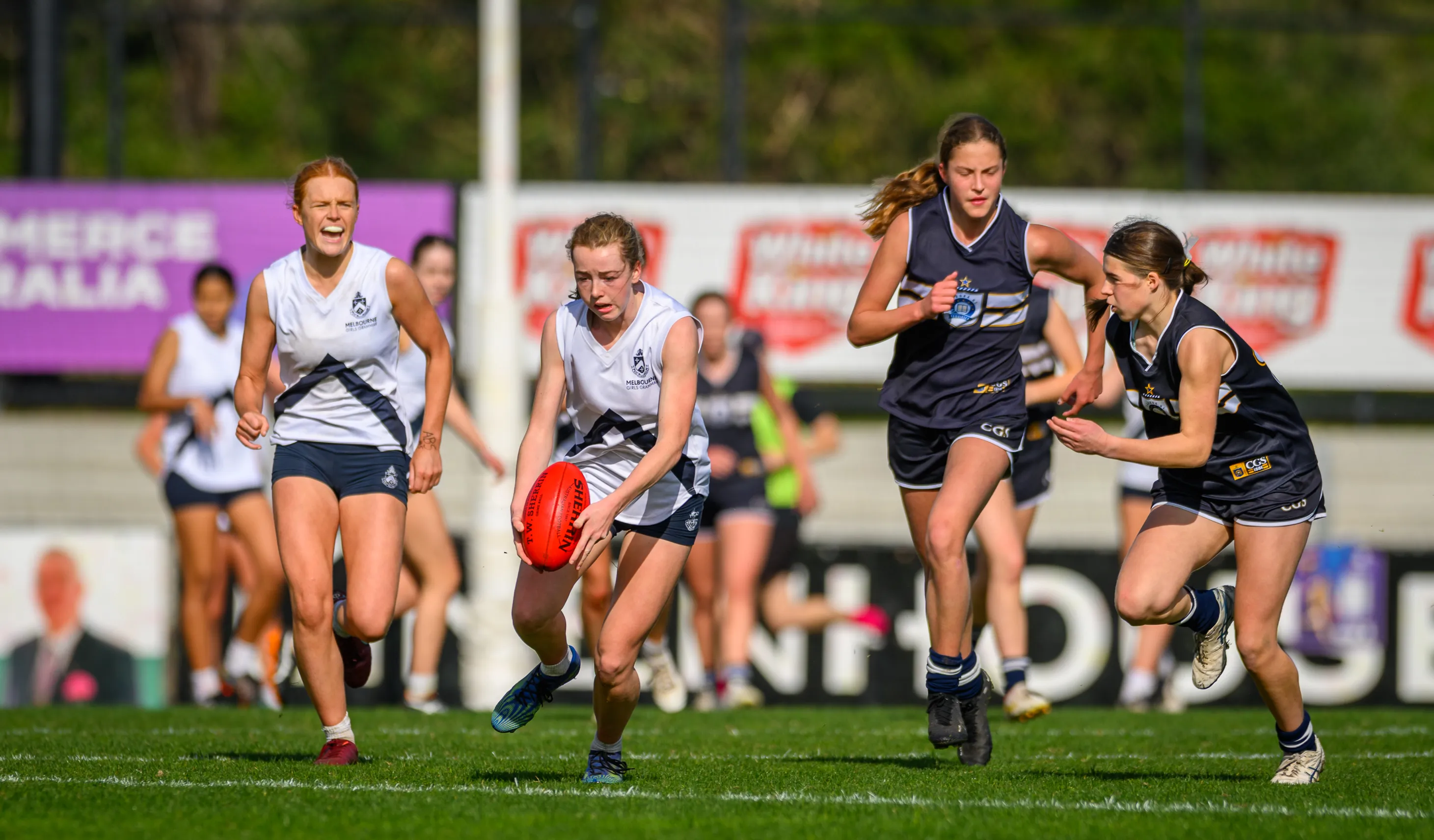

MGGS First XVIII play Caufield Grammar in the Grand Final of the AFL Victoria Herald Sun Shield, August 2023. Emily Antonie (Year 11) prepares to kick.



MGGS First XVIII play Caufield Grammar in the Grand Final of the AFL Victoria Herald Sun Shield, August 2023. Emily Antonie (Year 11) prepares to kick.
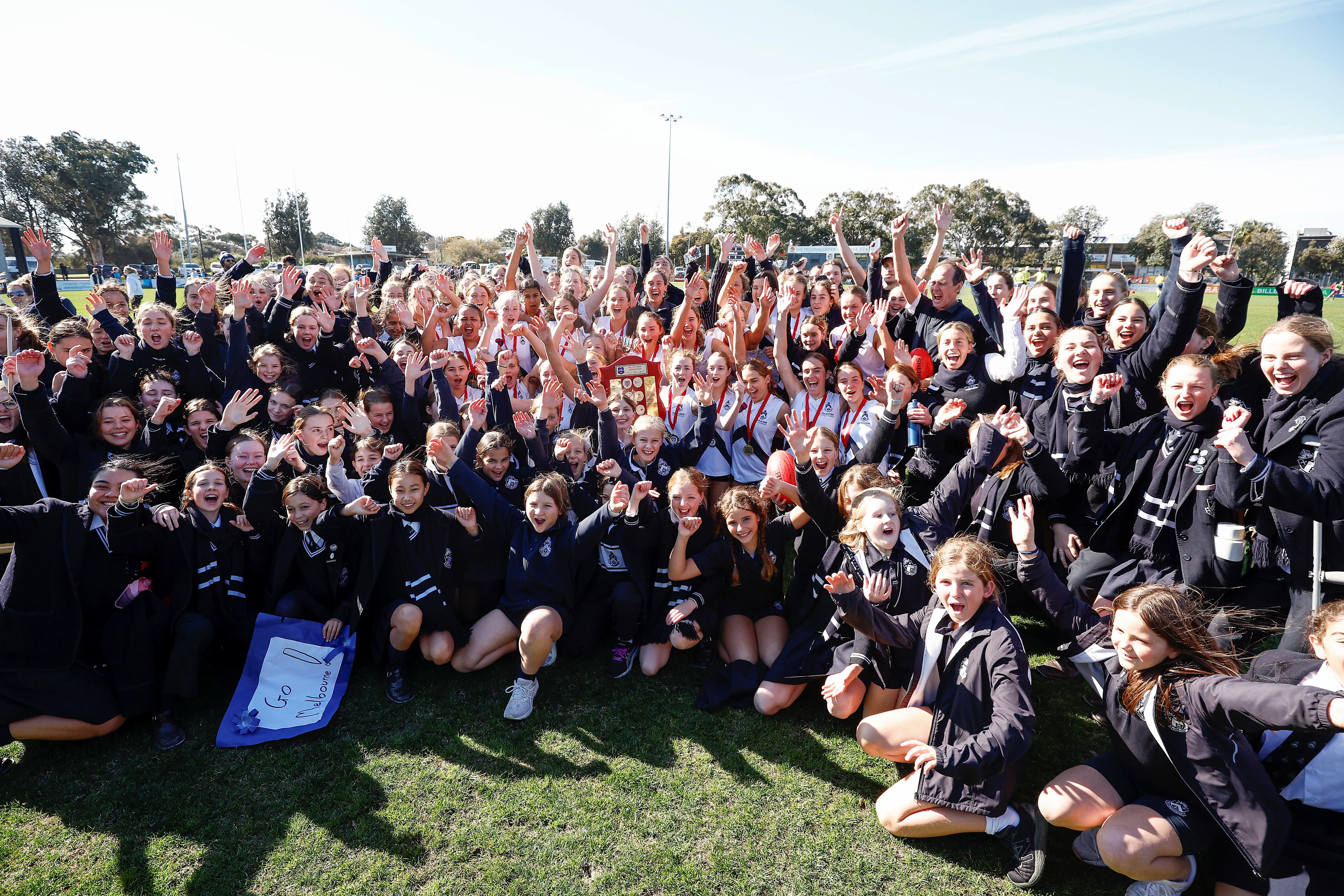

MGGS First XVIII win the Herald Sun Shield for the first time in our history.
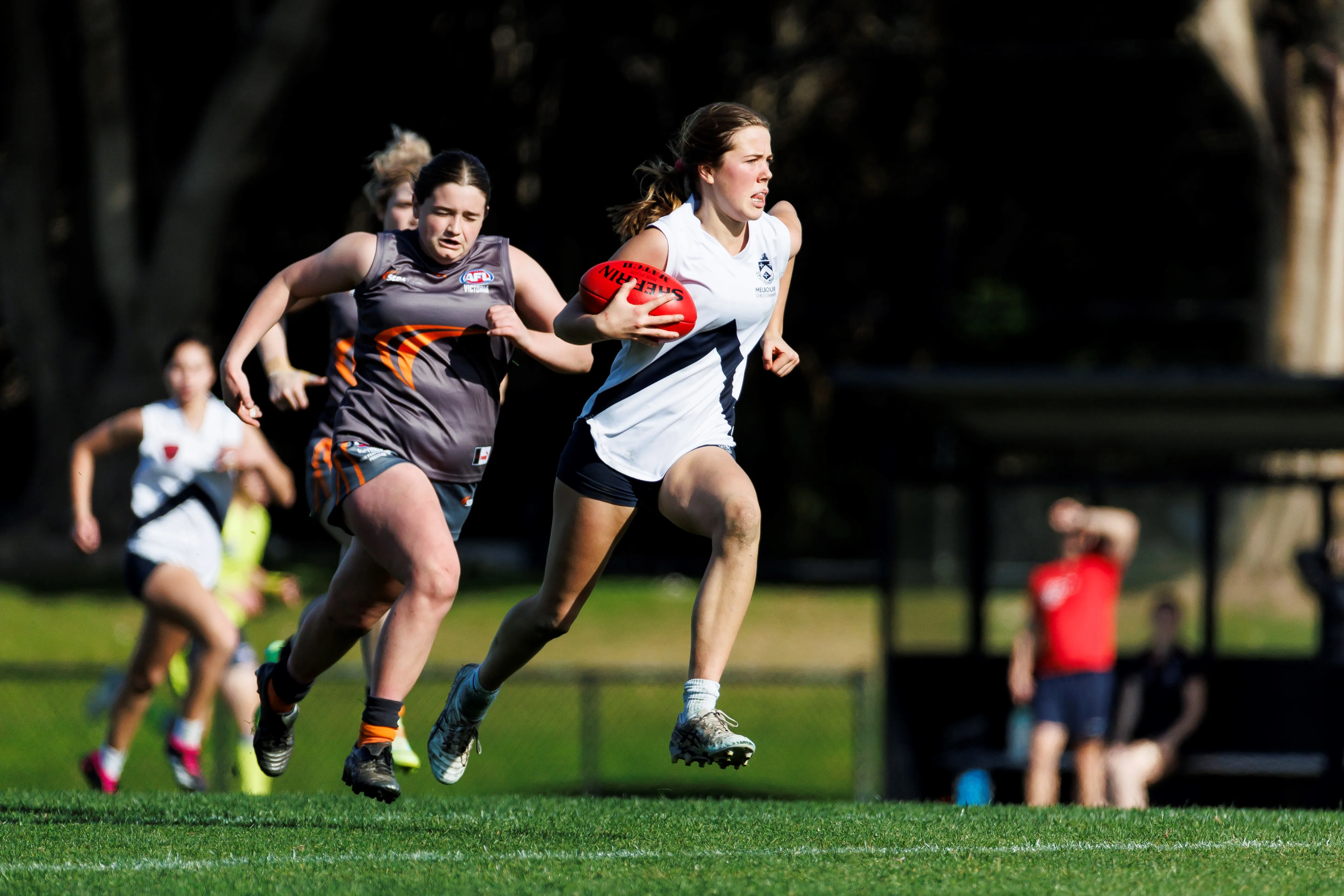

Chloe Williams (Year 11) charges away from her SEDA College opponent during the Semi Final of the AFL Victoria Herald Sun Shield, August 2023.
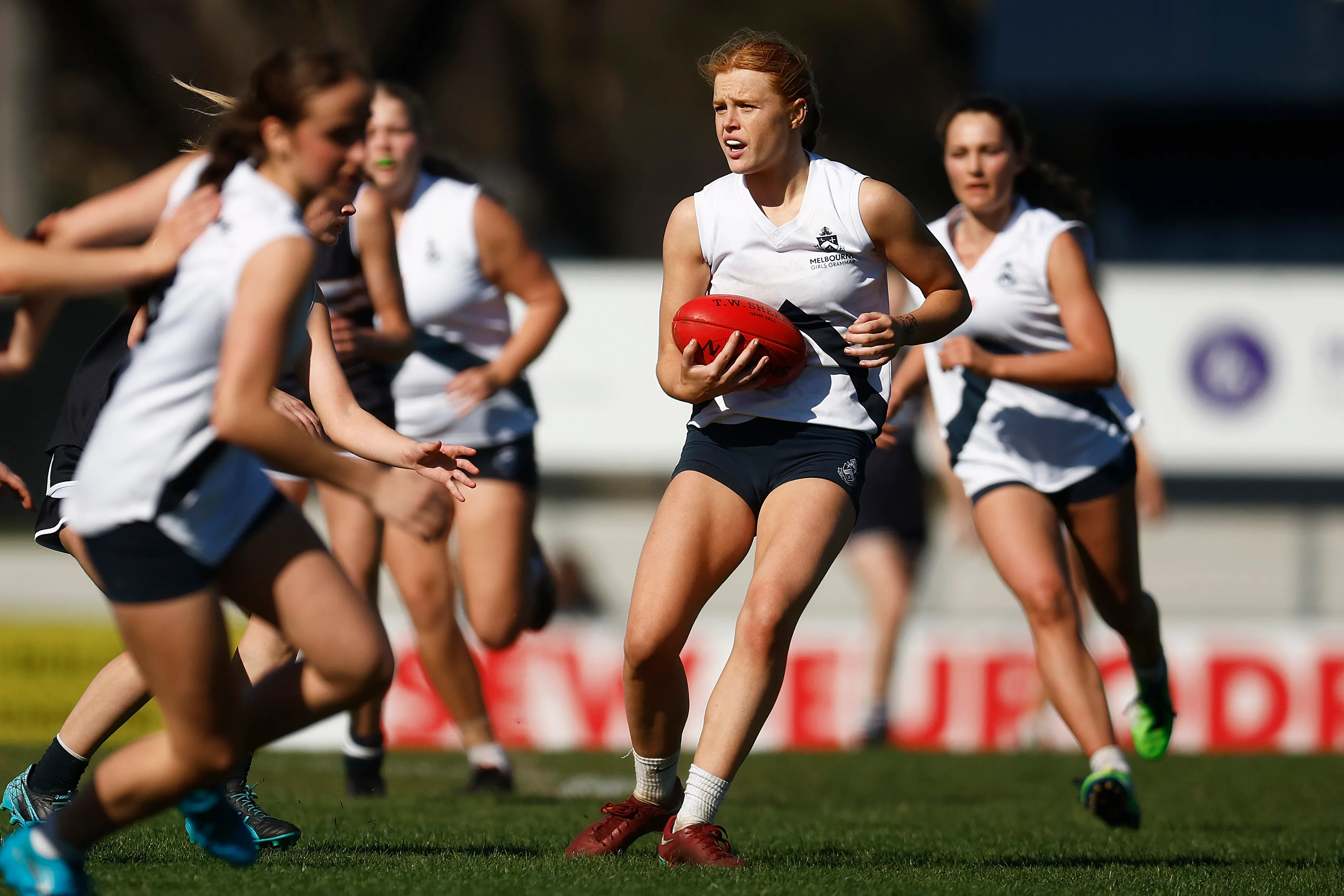

Sophie McKay (Year 12) marks the football, supported by Emma Cafferkey, Tess Faulks (both Year 12) and Macy Watkins (Year 11), August 2023.


MGGS First XVIII play Caufield Grammar in the Grand Final of the AFL Victoria Herald Sun Shield, August 2023. Emily Antonie (Year 11) prepares to kick.


MGGS First XVIII win the Herald Sun Shield for the first time in our history.


Chloe Williams (Year 11) charges away from her SEDA College opponent during the Semi Final of the AFL Victoria Herald Sun Shield, August 2023.


Sophie McKay (Year 12) marks the football, supported by Emma Cafferkey, Tess Faulks (both Year 12) and Macy Watkins (Year 11), August 2023.

When children have the freedom (through play) to find out what excites them, they develop intrinsic motives. They run because it feels good, they swim because they love being in water, or they play football because it’s fun. Children find meaning (and flow) in play, and so by immersing themselves in what they are intrinsically motivated to do, they learn to focus. Our Snowsport community embrace this element in spades!
In a 2015 speech, Dame Jane Goodall described the 'indomitable human spirit' we all have inside of us. She said: "Every single one of you, of us, has the same indomitable spirit. We just have to learn to free it, to follow it, to trust in it, to follow where it takes us. To lose fear and go out there and do what our indomitable spirit would like us to do. That's how we can make the world a better place."
The time I’ve spent at Mt Buller watching our Snowsports competitors, bears witness to this (indomitable) spirit Goodall speaks of. I’ve seen students compete in events that scared them, that required fierce racing, speed, skills, teamwork, genuine happiness in and for each other, leadership, courage, that led to inspiring performances – and joy! It’s now clear to me that our Grammarians have arrived at this point because they have all experienced the freedom to play and develop their love for the sport on the mountain, in their own unique ways and individual journeys.
When children have the freedom (through play) to find out what excites them, they develop intrinsic motives. They run because it feels good, they swim because they love being in water, or they play football because it’s fun. Children find meaning (and flow) in play, and so by immersing themselves in what they are intrinsically motivated to do, they learn to focus. Our Snowsport community embrace this element in spades!
In a 2015 speech, Dame Jane Goodall described the 'indomitable human spirit' we all have inside of us. She said: "Every single one of you, of us, has the same indomitable spirit. We just have to learn to free it, to follow it, to trust in it, to follow where it takes us. To lose fear and go out there and do what our indomitable spirit would like us to do. That's how we can make the world a better place."
The time I’ve spent at Mt Buller watching our Snowsports competitors, bears witness to this (indomitable) spirit Goodall speaks of. I’ve seen students compete in events that scared them, that required fierce racing, speed, skills, teamwork, genuine happiness in and for each other, leadership, courage, that led to inspiring performances – and joy! It’s now clear to me that our Grammarians have arrived at this point because they have all experienced the freedom to play and develop their love for the sport on the mountain, in their own unique ways and individual journeys.
When children have the freedom (through play) to find out what excites them, they develop intrinsic motives. They run because it feels good, they swim because they love being in water, or they play football because it’s fun. Children find meaning (and flow) in play, and so by immersing themselves in what they are intrinsically motivated to do, they learn to focus. Our Snowsport community embrace this element in spades!
In a 2015 speech, Dame Jane Goodall described the 'indomitable human spirit' we all have inside of us. She said: "Every single one of you, of us, has the same indomitable spirit. We just have to learn to free it, to follow it, to trust in it, to follow where it takes us. To lose fear and go out there and do what our indomitable spirit would like us to do. That's how we can make the world a better place."
The time I’ve spent at Mt Buller watching our Snowsports competitors, bears witness to this (indomitable) spirit Goodall speaks of. I’ve seen students compete in events that scared them, that required fierce racing, speed, skills, teamwork, genuine happiness in and for each other, leadership, courage, that led to inspiring performances – and joy! It’s now clear to me that our Grammarians have arrived at this point because they have all experienced the freedom to play and develop their love for the sport on the mountain, in their own unique ways and individual journeys.
.webp)
.webp)

.webp)
.webp)
Grammarians of all ages compete together at the Snowsports House Cup at Mt Buller in July, 2023.
.webp)
.webp)
Grammarians of all ages compete together at the Snowsports House Cup at Mt Buller in July, 2023.

Engagement in play becomes the gateway to mastery of the skill or activity of our interest. If we feel that we’re getting better at something, we pay attention and work harder to improve.
Doing what we love and what we’re good at, is easy. Staying on task when things get hard, uncomfortable, frustrating – or even boring – requires focus and self-discipline. Ask any elite athlete, and they will share their stories of ‘the grind.’ Practice after practice of doing the reps, doing what feels hard, and working through adversity.
… and this is where the magic happens. When we learn to embrace the work we (may want to) avoid, we see the change we are looking for. By naturally training ourselves to strengthen our ability to focus when (the task) is ‘easy,’ we’re conditioned to sustain focus and discipline when we’re challenged to stop.
Play is our superpower!
Play is preparation for life, which makes it a rather powerful tool to support our wellbeing, enrich our memories and experiences, develop our character, and optimise our learning. Perhaps George Bernard Shaw said it best…
“We don’t stop playing because we grow old; We grow old because we stop playing.”
References:
Ginsberg, K. R. (2007). “The Importance of Play in Promoting Healthy Child Development and Maintaining Strong Parent-Child Bonds.” The American Academy of Paediatrics; 119 (1) p.182–191.
Magness, S. (2023). “Stop hovering and let kids play – their mental health depends on it.” The Growth Equation, 16 October. https://thegrowtheq.com/stop-hovering-and-let-kids-play-their-mental-health-depends-on-it/
Owen, K. B. et al. (2023). “Sport participation for academic success: Evidence from the longitudinal study of Australian Children.” Journal of Physical Activity and Health; 21 (3), p.238-246.
Pruitt, M. & Morini, G. (2021). “Examining the Role of Physical Activity on Word Learning in School-Aged Children.” Journal of Speech, Language, and Hearing Research; 64 (5) p.1712-1725.
Ratey, J. J., Hagerman, E. (2013). Spark: The Revolutionary New Science of Exercise and the Brain, Boston, Mass., United States of America.
Engagement in play becomes the gateway to mastery of the skill or activity of our interest. If we feel that we’re getting better at something, we pay attention and work harder to improve.
Doing what we love and what we’re good at, is easy. Staying on task when things get hard, uncomfortable, frustrating – or even boring – requires focus and self-discipline. Ask any elite athlete, and they will share their stories of ‘the grind.’ Practice after practice of doing the reps, doing what feels hard, and working through adversity.
… and this is where the magic happens. When we learn to embrace the work we (may want to) avoid, we see the change we are looking for. By naturally training ourselves to strengthen our ability to focus when (the task) is ‘easy,’ we’re conditioned to sustain focus and discipline when we’re challenged to stop.
Play is our superpower!
Play is preparation for life, which makes it a rather powerful tool to support our wellbeing, enrich our memories and experiences, develop our character, and optimise our learning. Perhaps George Bernard Shaw said it best…
“We don’t stop playing because we grow old; We grow old because we stop playing.”
References:
Ginsberg, K. R. (2007). “The Importance of Play in Promoting Healthy Child Development and Maintaining Strong Parent-Child Bonds.” The American Academy of Paediatrics; 119 (1) p.182–191.
Magness, S. (2023). “Stop hovering and let kids play – their mental health depends on it.” The Growth Equation, 16 October. https://thegrowtheq.com/stop-hovering-and-let-kids-play-their-mental-health-depends-on-it/
Owen, K. B. et al. (2023). “Sport participation for academic success: Evidence from the longitudinal study of Australian Children.” Journal of Physical Activity and Health; 21 (3), p.238-246.
Pruitt, M. & Morini, G. (2021). “Examining the Role of Physical Activity on Word Learning in School-Aged Children.” Journal of Speech, Language, and Hearing Research; 64 (5) p.1712-1725.
Ratey, J. J., Hagerman, E. (2013). Spark: The Revolutionary New Science of Exercise and the Brain, Boston, Mass., United States of America.
Engagement in play becomes the gateway to mastery of the skill or activity of our interest. If we feel that we’re getting better at something, we pay attention and work harder to improve.
Doing what we love and what we’re good at, is easy. Staying on task when things get hard, uncomfortable, frustrating – or even boring – requires focus and self-discipline. Ask any elite athlete, and they will share their stories of ‘the grind.’ Practice after practice of doing the reps, doing what feels hard, and working through adversity.
… and this is where the magic happens. When we learn to embrace the work we (may want to) avoid, we see the change we are looking for. By naturally training ourselves to strengthen our ability to focus when (the task) is ‘easy,’ we’re conditioned to sustain focus and discipline when we’re challenged to stop.
Play is our superpower!
Play is preparation for life, which makes it a rather powerful tool to support our wellbeing, enrich our memories and experiences, develop our character, and optimise our learning. Perhaps George Bernard Shaw said it best…
“We don’t stop playing because we grow old; We grow old because we stop playing.”
References:
Ginsberg, K. R. (2007). “The Importance of Play in Promoting Healthy Child Development and Maintaining Strong Parent-Child Bonds.” The American Academy of Paediatrics; 119 (1) p.182–191.
Magness, S. (2023). “Stop hovering and let kids play – their mental health depends on it.” The Growth Equation, 16 October. https://thegrowtheq.com/stop-hovering-and-let-kids-play-their-mental-health-depends-on-it/
Owen, K. B. et al. (2023). “Sport participation for academic success: Evidence from the longitudinal study of Australian Children.” Journal of Physical Activity and Health; 21 (3), p.238-246.
Pruitt, M. & Morini, G. (2021). “Examining the Role of Physical Activity on Word Learning in School-Aged Children.” Journal of Speech, Language, and Hearing Research; 64 (5) p.1712-1725.
Ratey, J. J., Hagerman, E. (2013). Spark: The Revolutionary New Science of Exercise and the Brain, Boston, Mass., United States of America.





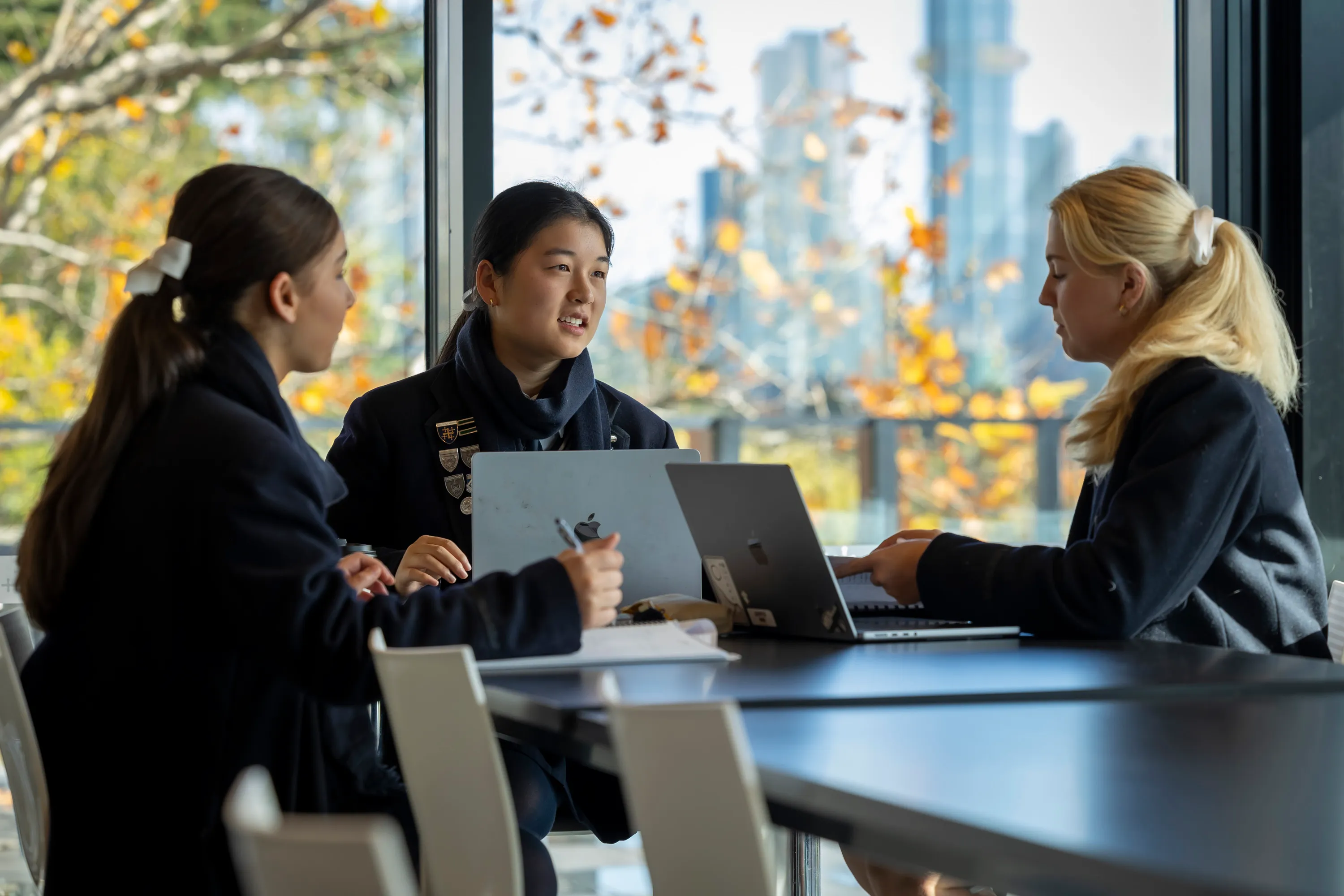

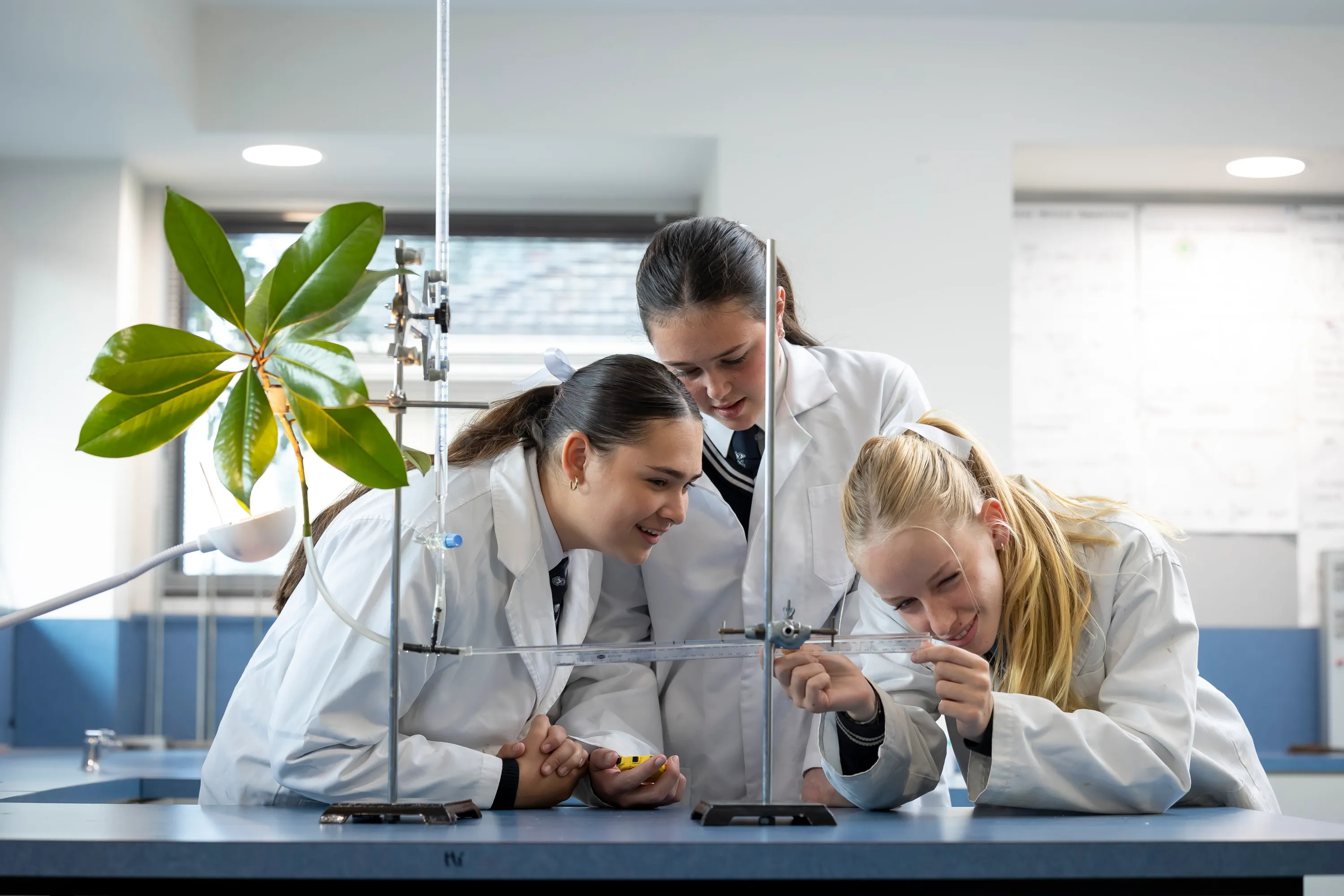
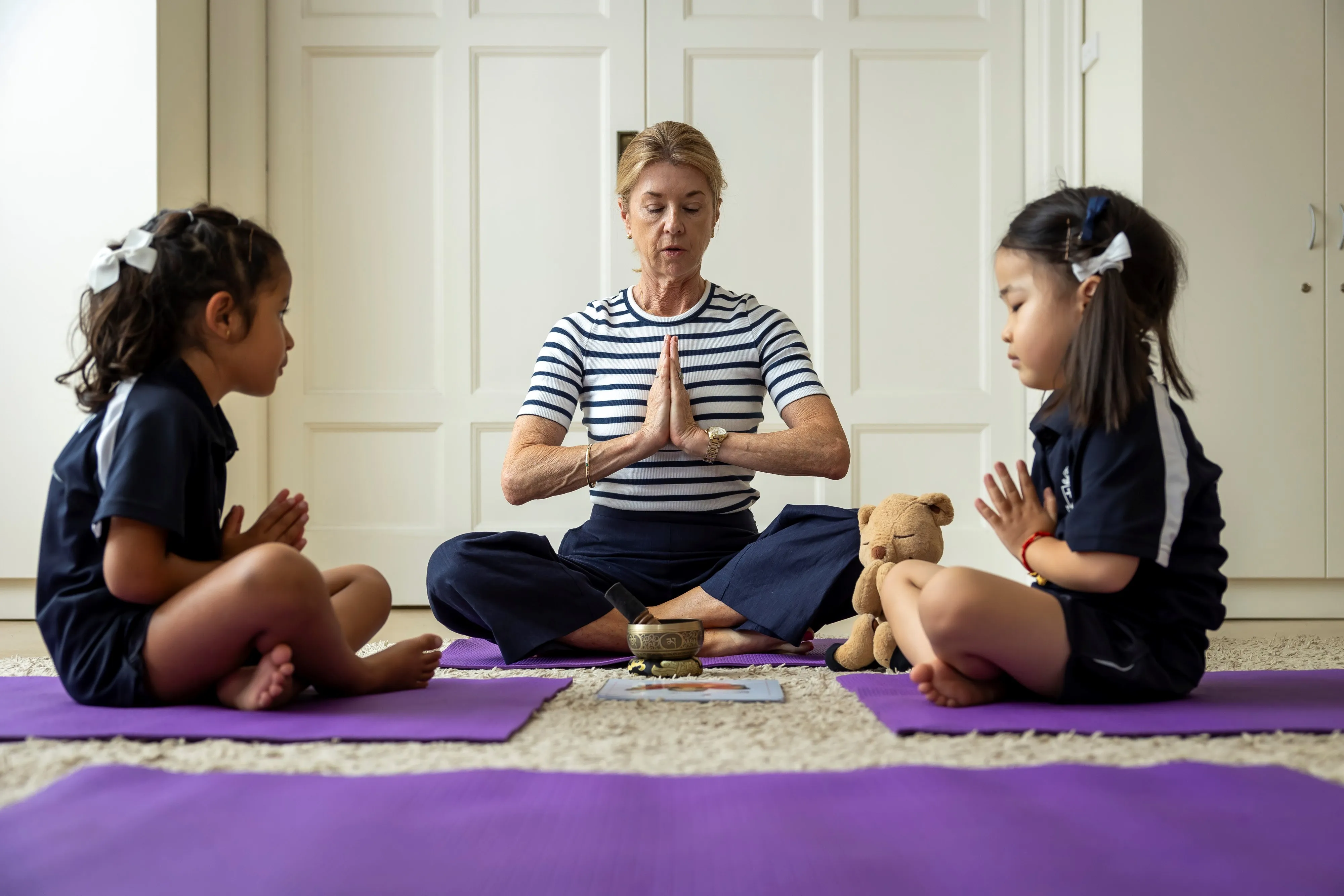
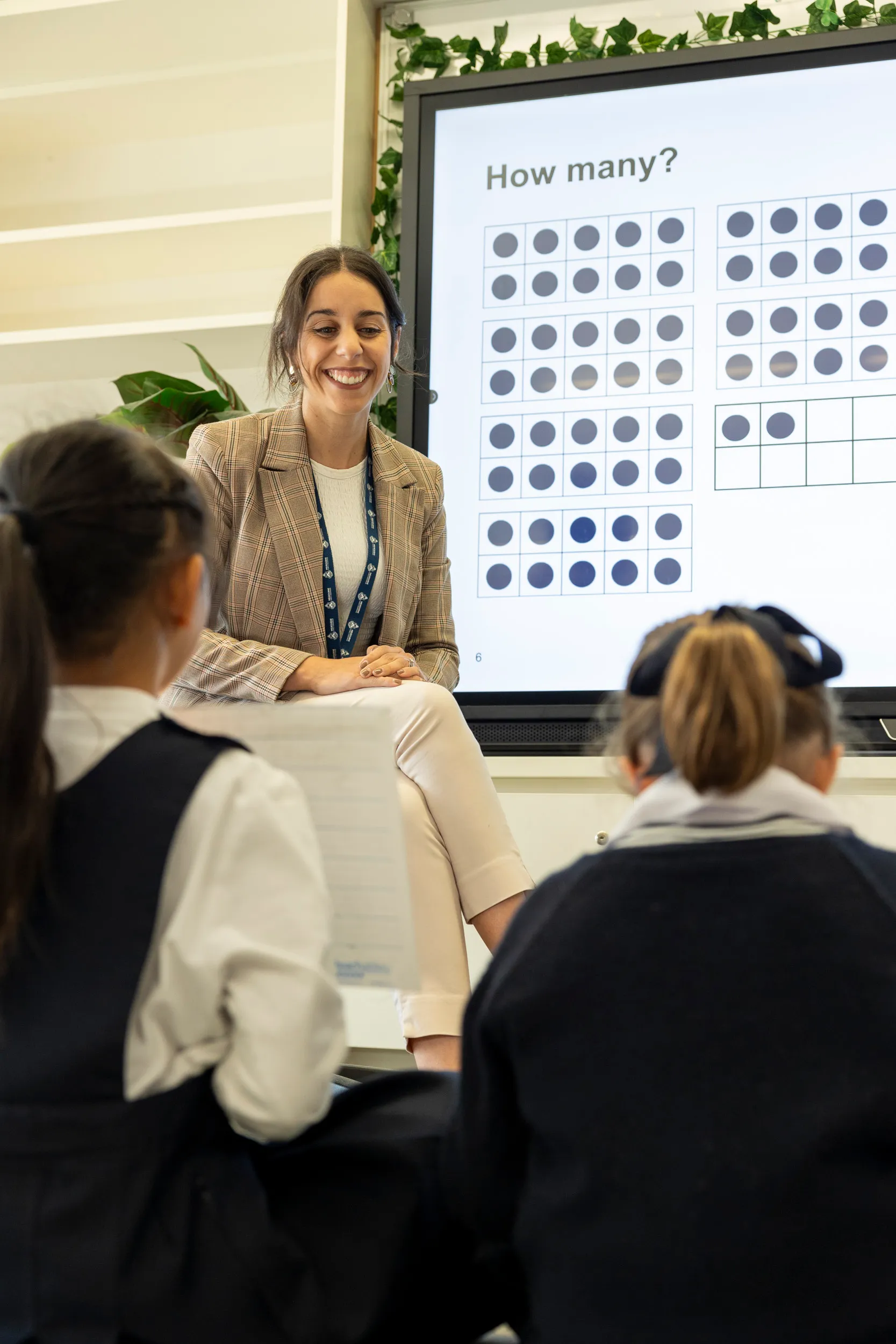
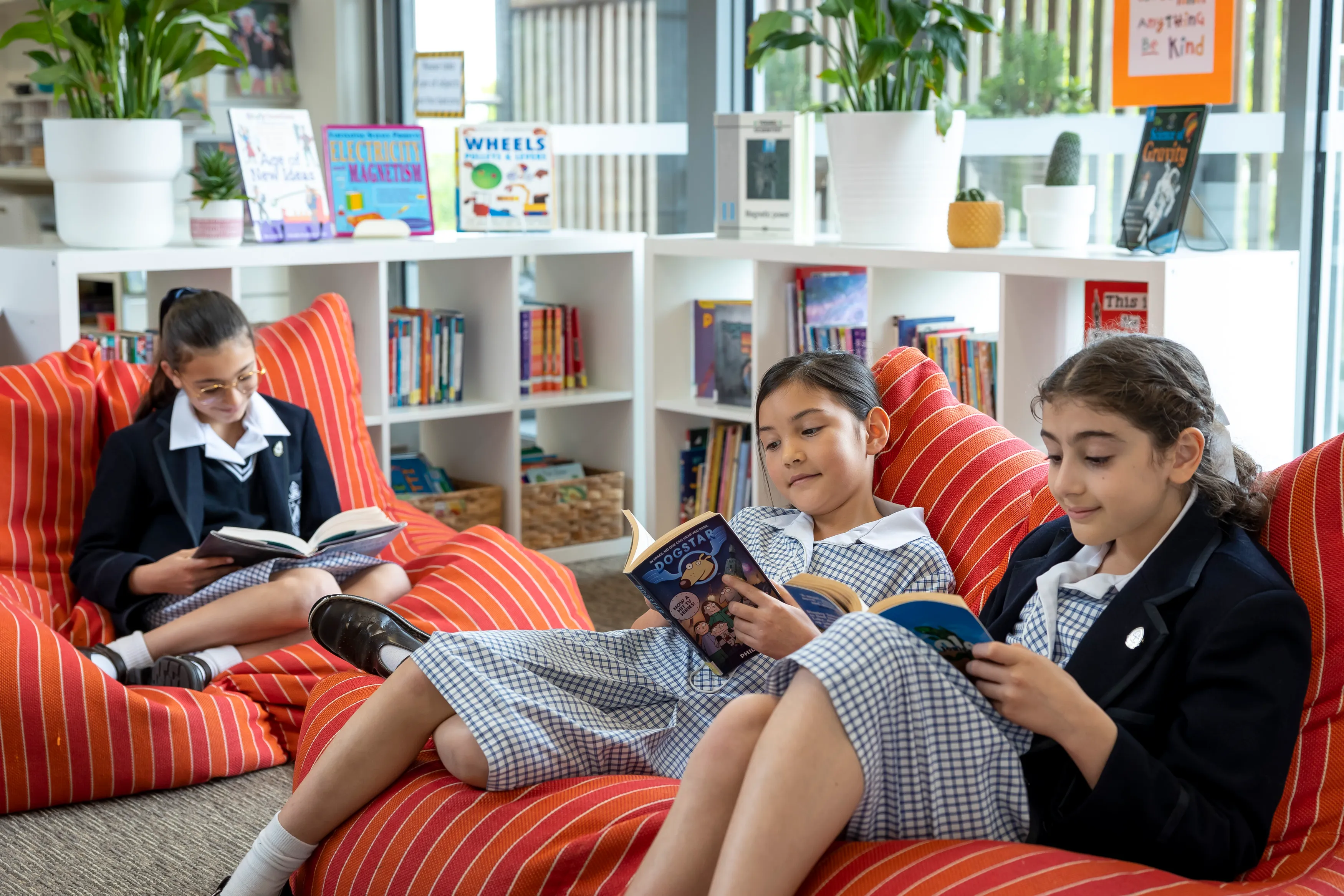
.jpg)
